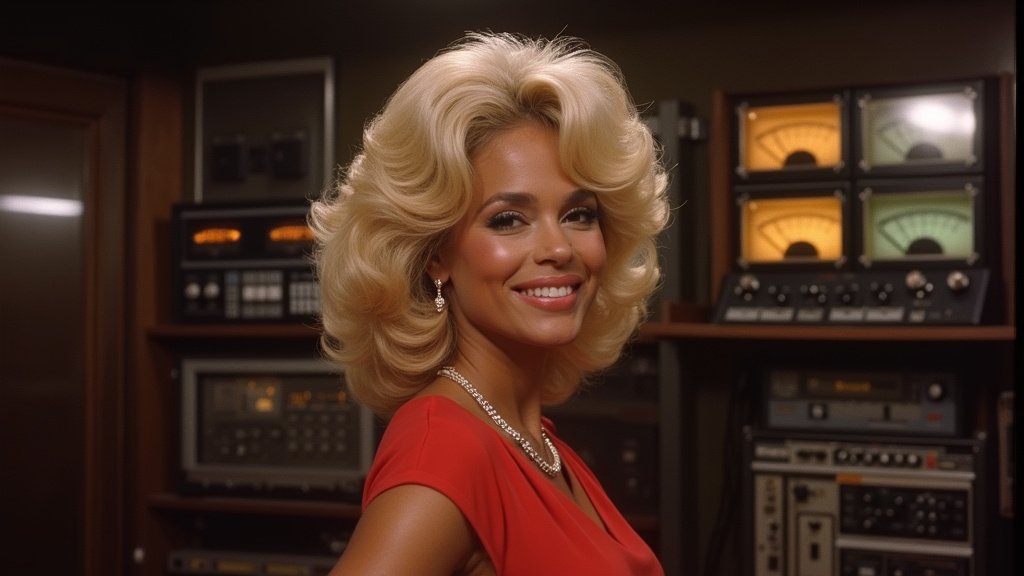A new trailer offers a compelling glimpse into “JAWS @ 50: The Definitive Inside Story,” a forthcoming documentary poised to explore the complex genesis, immense cultural footprint, and enduring resonance of Steven Spielberg’s seminal 1975 thriller, Jaws. Timed to coincide with the film’s 50th anniversary, the documentary promises an unprecedented look behind the scenes, featuring extensive interviews and never-before-seen archival material.
Scheduled to debut on July 10th on National Geographic, with streaming availability on Disney+ and Hulu the following day, the film is shaping up to be an essential watch for cinephiles and fans of the classic.
The Director’s Account: A High-Stakes Production
At the heart of the documentary are fresh interviews with director Steven Spielberg, who reflects with candor on the arduous, high-stakes production. Spielberg details the myriad challenges that plagued the shoot, including the now-legendary struggle with the frequently malfunctioning mechanical shark (affectionately nicknamed “Bruce”), relentless weather delays that disrupted filming schedules, and the significant post-production stress that he describes as akin to PTSD. He also openly discusses his fears at the time that the troubled production might effectively end his burgeoning career before it had truly taken off. His recollections provide a vivid portrait of the intense pressure and logistical nightmares faced while bringing the iconic story to the screen.
Unseen Archives Illuminate the Past
Adding layers of intimacy and historical depth, “JAWS @ 50: The Definitive Inside Story” incorporates never-before-seen footage sourced directly from the personal archives of both Steven Spielberg and author Peter Benchley. This rare material includes candid home videos offering a personal perspective on the filming process and rare outtakes that provide new context to familiar scenes. This archival wealth promises to offer viewers a unique, fly-on-the-wall experience of the film’s creation.
Reassessing the ‘Jaws Effect’
The documentary also undertakes a critical reexamination of the so-called “Jaws effect,” the phenomenon often associated with the film that is argued to have contributed to public fear and negative perceptions of sharks. The film aims to reframe this narrative, presenting Jaws‘s lasting legacy not merely as one of fear, but as one that fostered awe, curiosity, and a newfound respect for the ocean’s apex predator. This contemporary perspective highlights the evolving understanding of marine life and the film’s perhaps unintended contribution to raising environmental awareness.
Voices from the Original Production
A key strength of the documentary is its inclusion of exclusive interviews with many pivotal figures from the original cast and crew. Viewers will hear insights from production designer Joe Alves, Jonathan Filley, actress Lorraine Gary (who portrayed Ellen Brody), screenwriter Carl Gottlieb, Jeffrey Kramer, Ian Shaw (son of the late actor Robert Shaw), Jeffrey Voorhees, and the legendary composer John Williams, whose iconic score remains instantly recognizable. Their collective memories offer diverse perspectives on the challenges, triumphs, and sheer creativity involved in the filmmaking process on Martha’s Vineyard.
Modern Filmmakers Reflect on Influence
The enduring impact of Jaws on cinema is further underscored by reflections from a host of contemporary filmmakers and ardent superfans. Notable figures such as J.J. Abrams, Emily Blunt, James Cameron, Cameron Crowe, George Lucas, Greg Nicotero, Jordan Peele, Steven Soderbergh, Guillermo del Toro, and Robert Zemeckis share their thoughts on how the film influenced their own work, their understanding of storytelling, and its indelible mark on popular culture. Their testimonials speak to the film’s continued relevance and its status as a masterclass in suspense.
“JAWS @ 50: The Definitive Inside Story” appears set to deliver a comprehensive and insightful exploration of a film that not only defined the summer blockbuster but also left an undeniable legacy on the art of filmmaking and public consciousness. Its blend of historical perspective, personal accounts, and expert analysis promises a deep dive worthy of its subject matter.












